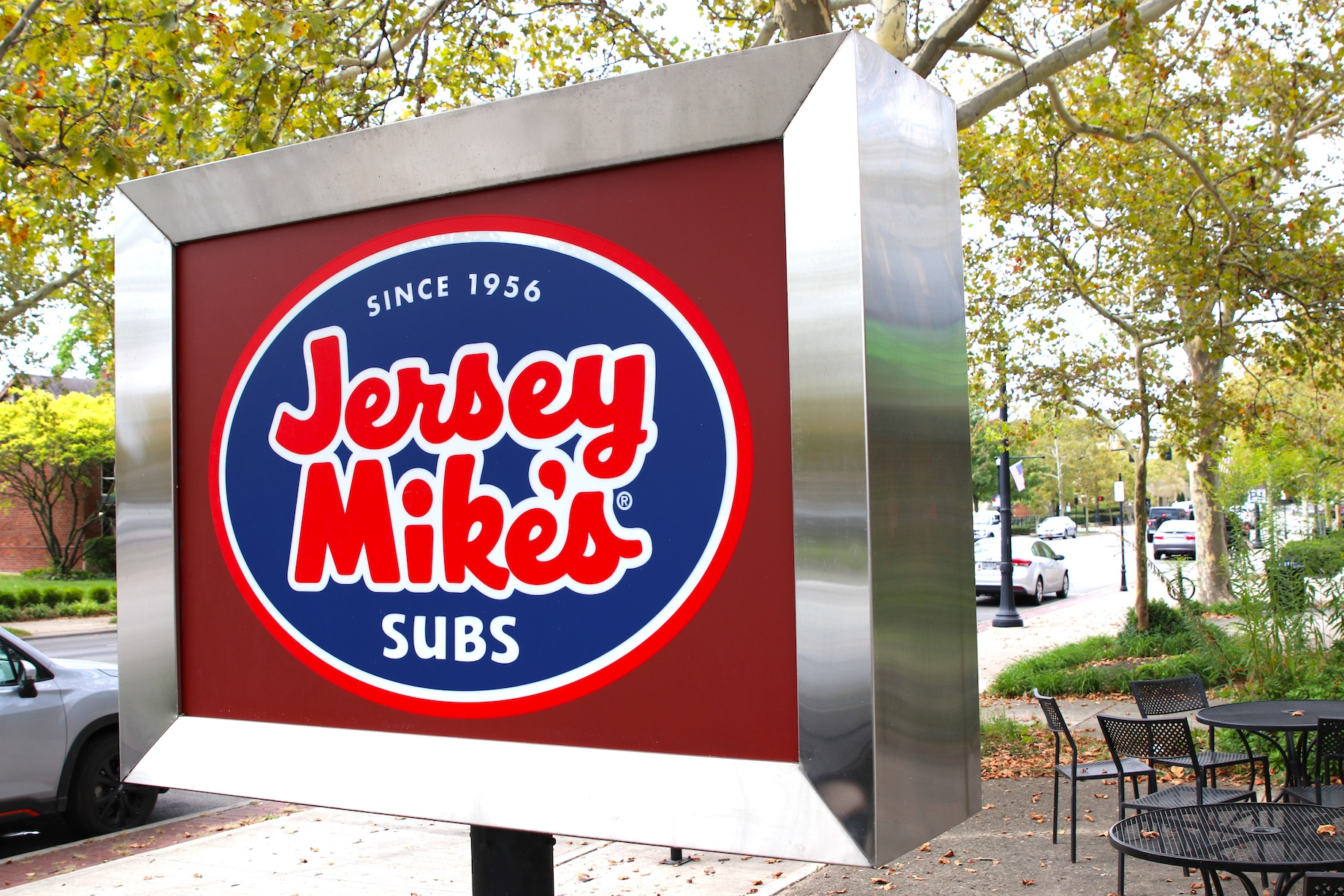Retail Leases Are Getting Longer as Urban Retail Renaissance Arrives
New research from CBRE and JLL reveals that retailers are signing longer leases across the U.S. and that urban retail is getting healthier.
A CBRE report noted that the average retail lease term has risen to eight years. That’s for U.S. retail leases of at least 1,000 square feet signed during the first three quarters of 2024, and it’s up from 7.5 years for the same span last year. The report said changing consumer preferences have prompted many retailers to sign long-term leases at neighborhood, community, strip and power centers. Tampa, Florida, led major markets in lease-term growth, followed by Nashville, Tennessee, and San Antonio.

Brandon Exchange in suburban Tampa, Florida
A JLL report also delivered positive news for the Marketplaces Industry. The return-to-office trend, strong consumer demand and rising tourism from other countries are “fueling a renaissance in urban retail” in the U.S., according to JLL. “Luxury brands and savvy investors are looking to secure prime locations in revitalized city centers, underscoring the investment potential of urban retail properties as they emerge as strong performers in the post-pandemic real estate landscape.”
Urban retail’s share of multitenant, single-asset transactions jumped 180% year over year in the third quarter, JLL said. Among the urban markets adding to the luxury-influenced renaissance are Boston, Chicago, Miami and New York City.
Blackstone Will Buy a Majority Stake in Jersey Mike’s Subs

Private equity funds controlled by investment manager Blackstone are taking an enormous bite of Jersey Mike’s Subs. In a majority investment reportedly valued at $8 billion, Blackstone agreed on Wednesday to acquire the chain of sandwich shops. Jersey Mike’s founder and CEO Peter Cancro will keep a “significant” equity stake in the franchiser and will continue to lead the business, according to Blackstone. More than 3,000 Jersey Mike’s stores are open or are being developed in the U.S. The company rang up sales of $3.3 billion in 2023, according to FastCasual.com. “We believe we are still in the early innings of Jersey Mike’s growth story and that Blackstone is the right partner to help us reach even greater heights,” Cancro said.
Auto Parts Retailer Slams the Brakes on More Than 700 Stores

Advance Auto Parts is reducing its U.S. footprint. The retailer disclosed Nov. 14 that it’s shutting 523 company-owned stores and exiting 204 independently owned stores by mid-2025. That represents about 10% of its corporate stores and 20% of its independent locations. Shedding the more than 700 “non-performing, non-strategic” stores will result in an estimated drop in net sales of $700 million, president and CEO Shane O’Kelly said during the company’s third-quarter earnings call. Even though it’s closing hundreds of stores, Advance Auto plans to open 30 new ones in fiscal year 2025.
Pennsylvania Property Wraps Up the Title of Best Holiday-Season Mall

Photo courtesy of Simon
For holiday shoppers, a Pennsylvania mall appears to have it all. A study by Priority, a Blackstone-controlled provider of cloud-based business software, ranked King of Prussia mall in suburban Philadelphia as the best U.S. mall for holiday shopping. Simon-owned King of Prussia scored a perfect 100 based on five metrics: mall size, number of stores, parking per 10,000 square feet, “Instagrammability” and average Google rating. As measured by retail gross leasable area, King of Prussia is the country’s fourth-largest mall, according to Statista.
The Galleria in Houston came in second among holiday shoppers with a score of 92.6. At No. 3 was Minneapolis-Saint Paul’s Mall of America, which earned a score of 89.3 and ranks as the second largest U.S. mall based on retail GLA. The ranking featured the country’s 20 biggest malls.
Are Gift Cards Grinch-y or the Gift That Keeps On Giving?

The giving and receiving of gift cards are wrapped in conflict. On the one hand, four in 10 American consumers plan to buy gift cards this year, according to a survey by consulting giant Accenture. Why so much card-buying activity? Nearly three-fourths of consumers view gift card purchases as time- and effort-saving moves. On the other hand, half of recipients report they don’t spend the full balance on a gift card. Worse yet, one-third of recipients express disappointment that the ubiquitous gift card “lacks personalization,” said Accenture.
Despite the push and pull surrounding gift cards, these rectangular pieces of plastic deliver a sleigh full of sales to retailers. In 2024, gift card sales in the U.S. will hit an estimated $324.5 billion, according to Capital One Shopping research updated in May. So, like ’em or not, these cards are a welcomed gift for retailers.
Two-Fifths of Consumers Will Get AI Help with Their Holiday Shopping

Before Santa Claus comes to town, he traditionally makes a pen-and-paper holiday gift list and checks it twice, taking note of those kids who’ve been naughty or nice. This holiday season, many shoppers are making their own gift lists with an assist from artificial intelligence. A survey by software provider Adobe found that two in five U.S. consumers plan to use generative AI to lend a digital hand with holiday shopping this year. With user input, generative AI spits out text, images, video, audio and other content.
Among the holiday shoppers surveyed, the most common reasons cited for turning to AI were unearthing the best deals, quickly locating specific items online, retrieving brand recommendations, and finding items or brands similar to ones with which they’re already familiar. No word yet from the North Pole about whether Santa will take the AI plunge himself this holiday season.
Centennial Welcomes New President

Paul Kurzawa
Retail real estate owner and operator Centennial has tapped Paul Kurzawa, most recently chief operating officer at developer CenterCal, as its new president. Kurzawa succeeds Whitney Livingston, who will join ICSC as COO next March. Centennial, in which Lincoln Property Co. made a strategic investment this summer, operates more than 23 million square feet of retail and mixed-use properties in 18 states. Kurzawa “has excellent industry relationships and a wealth of operations expertise, making him the right choice to lead Centennial forward,” Centennial founder and CEO Steven Levin said.
Livingston’s new job as COO of ICSC was announced the same day as Kurzawa’s new position. Livingston will succeed Valerie Richardson, who’s retiring from ICSC at the end of 2025. Livingston, an ICSC trustee and board member of the ICSC Foundation, will lend her expertise “as we continue to focus on delivering value to our members and innovating to attract the next generation of industry professionals,” ICSC president and CEO Tom McGee said. “With a track record of building and maintaining exceptional relationships, Whitney understands the need for an unrelenting focus on service, one of ICSC’s core values.”